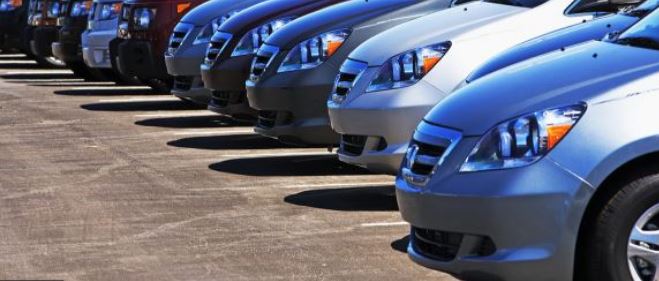×
The Standard e-Paper
Kenya’s Boldest Voice

Many entrepreneurs use their personal cars for business purposes, especially at the beginning stages of business. However, as your business continues to grow, it comes a time when buying a separate company car is necessary.